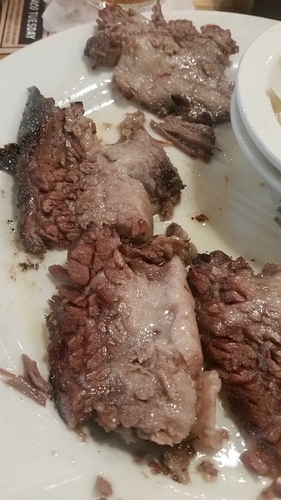I spent 5-6 months trying a wide variety of resistant starch sources (potato starch, plantain flour, etc.) and even heated and cooled varieties (eg, potatoes) and even raw potatoes. I added various probiotics to that, including the so-called “soil based” probiotics.
I could not find a benefit. If anything, I had horrible gas if I took too much starch, plantain flour caused an allergic reaction, and this seemed to make IBS symptoms worse. If there was a decrease in blood sugar, I couldn’t find it using pin-prick style blood sugar meters (didn’t have my CGM back then).
I’ve now gone to the other side, eating a near carnivore diet, though I do eat some vegetables. I feel much better. I also think that one should be eating real food, and one shouldn’t have to buy Bob’s Redmill potato starch or any other processed product to be healthy.
And heating and cooling potatoes (or white rice), for instance, does not seem reasonable for people on a keto diet. There’s still a ton of carbs left over. And I know from subsequently using a CGM that potatoes cause my blood sugar to fly through the roof, whether heated and cooled and reheated or not. (I will eat potatoes once in a while, but as a treat, not because I think they’re some magical food.)










